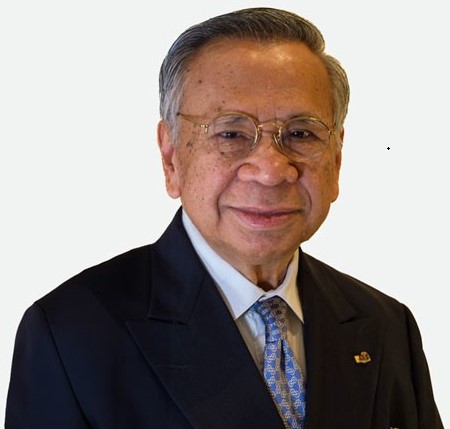THE proposed Bangsamoro that is to replace the Autonomous Region in Muslim Mindanao (ARMM) has received support on the basis of its goal of achieving equitable autonomy for its people. However, as its proposed parliament has legislative powers similar to those of the individual member states of the United States of America, the political entity to be created under the Bangsamoro Basic Law (BBL), according to the draft, has been aptly described as a sub-state. The draft has clothed this entity with the elements of a state, having its own territory, its Bangsamoro people with a separate identity, its government with an asymmetric relationship with the Philippine central government, and bearing power to enter into economic agreements with other nations.
Under the draft BBL, its parliament has Exclusive Powers over a long list of matters (including education, culture and language), over which authority and jurisdiction shall pertain to the Bangsamoro government. This is similar to the federal system of the USA where the individual states have exclusive jurisdiction over certain matters and over which the federal government has no power to legislate. The grant of exclusive legislative powers to the Bangsamoro parliament contravenes the Philippine Constitution, which provides that the legislative powers of the autonomous regions shall be subject not only to the provisions of the Constitution but also to national laws.
Continue reading with one of these options:
Ad-free access
P 80 per month
(billed annually at P 960)
- Unlimited ad-free access to website articles
- Limited offer: Subscribe today and get digital edition access for free (accessible with up to 3 devices)


